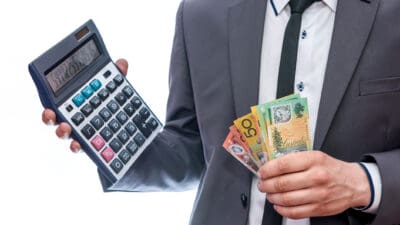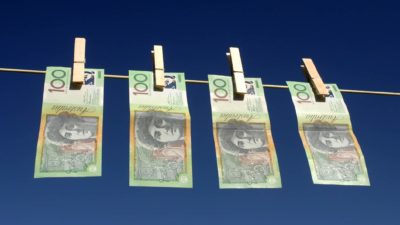Australia is a real estate-obsessed nation.
As a share investor, you would no doubt have been at barbecues during which property is discussed for hours while the stock market is not even mentioned once.
But one massive advantage we shareholders tell our friends and family about is that we don't pay stamp duty for our investments.
In Sydney, where the median house price is at $1.1 million and climbing, one would need to hand over more than $45,000 in tax for the privilege of buying an average home.
Steep, right? But purchasing shares was not always free of stamp duty.
Share purchases used to attract stamp duty
Stamp duty, officially known as transfer duty in some states, was originally meant to be paid on many different types of transactions.
"A few years ago, it was necessary to pay stamp duty on all share purchases," H&R Block tax communications director Mark Chapman told The Motley Fool.
"Stamp duty is a levy imposed on certain dutiable transaction[s], such as the transfer of land. You'll need to pay stamp duty for things like motor vehicle registration and transfers, insurance policies, leases and mortgages, hire purchase agreements [and] transfers of property (such as a business and real estate)."
As well as publicly listed (ASX) shares, stamp duty was previously payable on transfers of equity in a private business.
Why did stamp duty disappear on shares?
The implementation of the goods and services tax (GST) in Australia in the late 1990s gave state and federal governments a chance to reform the tax system.
This is when the state governments agreed to abolish the tax on listed shares, in return for revenue shared from the federal collection of GST.
The reason for the removal?
"The tax was abolished for share transfers, with state governments proclaiming the need to keep share markets vibrant," said Chapman.
"The imposition of stamp duty on share transfers did not achieve that end."
However, duty was not removed from transfers of unlisted public shares or equity in private businesses. That was left to the states to do individually as they saw fit.
For example, it wasn't until 2016 when NSW abolished the tax on unlisted shares.
There's still one situation in which stamp duty is payable on shares
One exception remains to this day though.
If a company is considered "land rich", then stamp duty is payable on transfers of shares in that business.
This is to prevent taxpayers simply "corporatising" real estate to dodge the duty.
The definition of "land rich" varies from state to state. It's usually triggered by a percentage or an absolute threshold of the company's assets that are taken up by land holdings.








